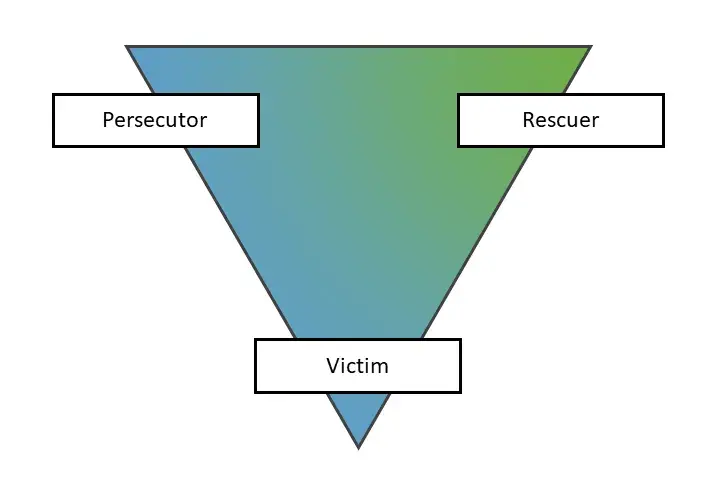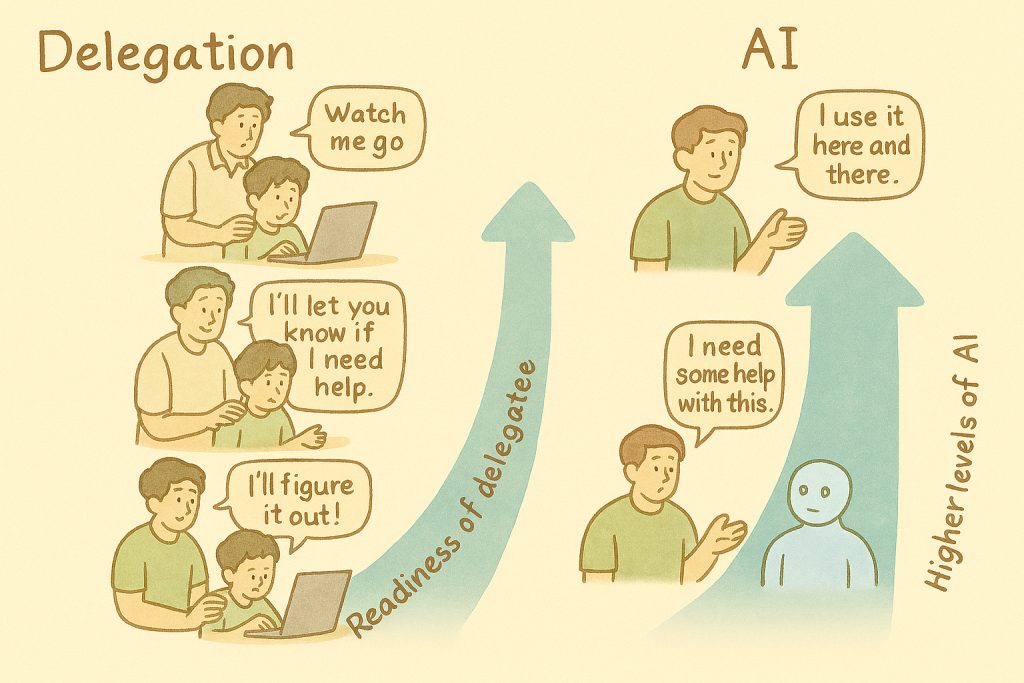Piyush works as a Manager for a team of 20 people. He has been successfully running an IT team for the last 3 years. However, he has been constantly plagued by his people going on unplanned leaves. This has been happening for the last 8-9 months or so. It also came out in several retrospectives. However, there was no focused effort in solving the root problems. Whenever, there were unplanned leaves, the team leads would step up, they would spend night outs and would somehow make sure that the release would not get affected. And to encourage this trend, the Management would reward the Leads with “Star of the Quarter” or “Team champion” award, which would further encourage this trend. Unconsciously, the Manager was setting himself up for failure by encouraging this trend. When we dug the problem deeper, the following was what I observed.
When I tried to dig deeper, while Piyush complained about the symptom of “Unplanned Leaves”, the main response from the team was that they were not getting the leaves when they asked for the same citing the amount of work that was there. The team members hardly contributed. The Leads and seniors were doing most of the heavy lifting. Even though, they were burnt out because of work , they still were getting necessary incentives both in terms of having a superior knowledge on the application that they did not want to give up. Eventually, even the seniors and leads were taking unplanned leaves mainly because they were also burnt out and partly because they knew that Piyush always had a soft corner for them. When the process of retrospective was put in place, the team explicitly stated that they did not receive a proper KT. That is one of the objectives of Retrospectives where the team can express itself freely. When Piyush heard the same, his solutioning was to reward the team leads and bail them out of the release pains rather than solving the root problem. The team also did not press too much because they were internally happy of not feeling much pressure.
The problem is represented below in the table as a sequence of Drama Triangle roles. The subtext in parenthesis is ulterior and not expressed openly. Only when I dug deeper, I found it. (https://en.wikipedia.org/wiki/Karpman_drama_triangle)
| Persecutor | Victim | Rescuer |
| Manager: There are too many unplanned Leaves | (Team: If we ask for a planned leave, we do not get it ) | Leads/Seniors: We will (cover for the team and )ensure the release wouldn’t suffer |
| (Team Leads: Let us also go on an unplanned leave. We are totally burned out. Why should only we suffer?) | Manager: Oh my god! how am I going to deliver this? Team, I need you to pull the weight this time. | Team: We will do our best (to get out of this situation. Provide some temporary fixes) |
| Team: We tried our best but we have never been given a proper KT. (I am rather happy that I do not have to take much pressure) | Team Leads: Despite all the efforts, we get to be blamed | Manager: Don’t worry, I will make sure you get all the necessary rewards for the hard work (strike the deal with the team leads) |
This is typically how the Drama Triangle works. And because the roles keep switching, it will keep the “Game” of the recurring problem alive. And all of this happens at an unconscious level. This also results in a negative feeling for everybody involved. Because, it happens at an unconscious level for all the players, they would also struggle to come out of it.
In order to break this pattern, there should be an active involvement of all the participants to solve the root problem and address the same. How would you solve this problem?
……………………………………………………………………………………………………………….
……………………………………………………………………………………………………………….
……………………………………………………………………………………………………………….
Here is how we solved the problem:
Solution: The first thing I did was to bring this awareness of Drama Triangle among all the participants. I showed them how each of them are playing their part in keeping the game alive without their awareness. Since they were all playing this at an unconscious level, it is very difficult to come out unless someone can bring that awareness. They had not seen this problem in the lens of a Drama Triangle at all. This helped them break the resistances on solving the problem and see how they themselves contributed to solving this problem.
The main issue was that the team members did not develop enough skills in their project. We found during the session that most of it could be addressed if the team was involved in the decision making, hold them accountable and if they can be helped in enhancing the skills. The team was given a lot more autonomy. They were involved in the planning meetings and their opinions and decisions were given more weightage. While a separate time was scoped out for KT, it was made sure that the team would start fronting all the work where as the team leads would play the supporting role. The team found the work lot more challenging, while the seniors played the role of mentors. As a result, the team started to learn not only the technical skills but also the Leadership skills to feel empowered. Gradually, there was a decrease in unplanned leaves as the team felt more empowered.




